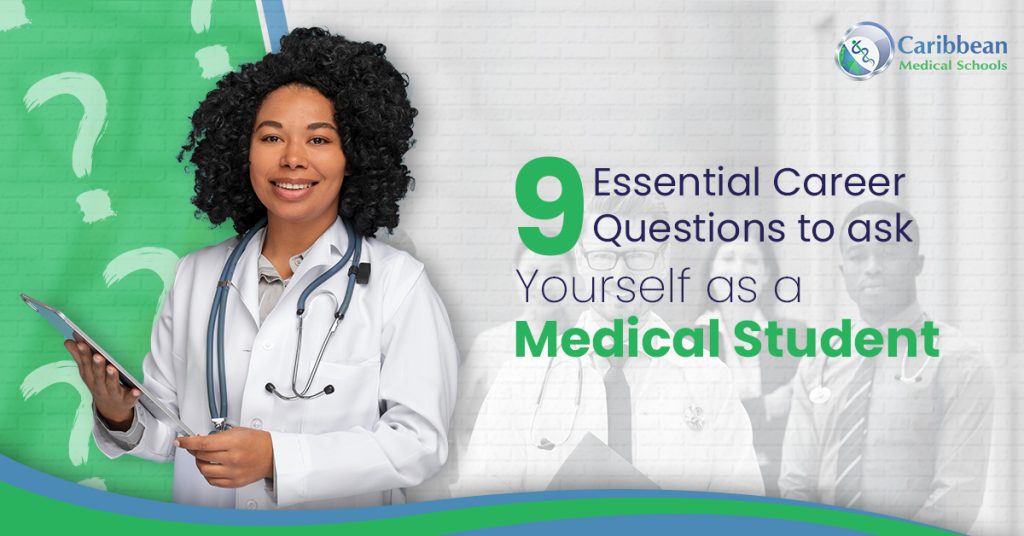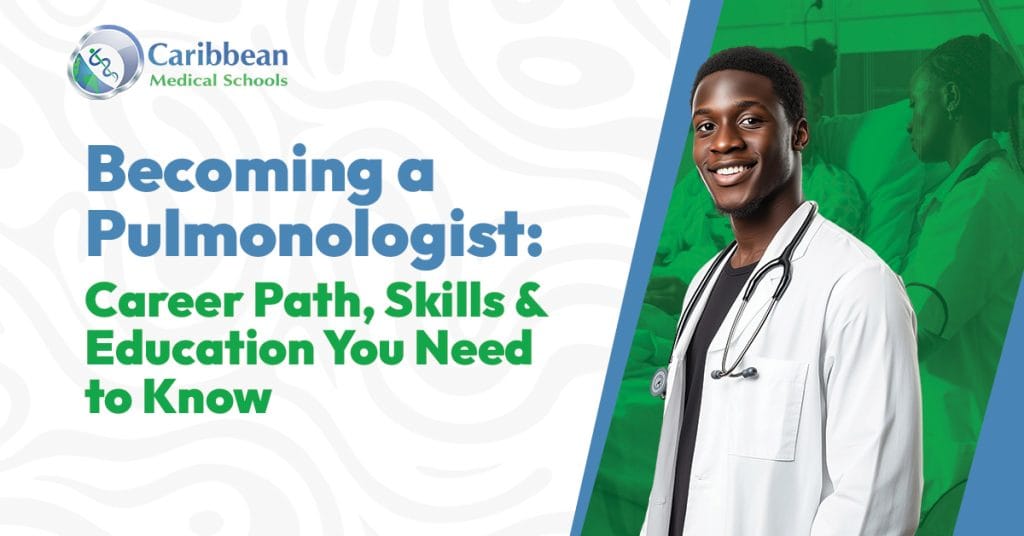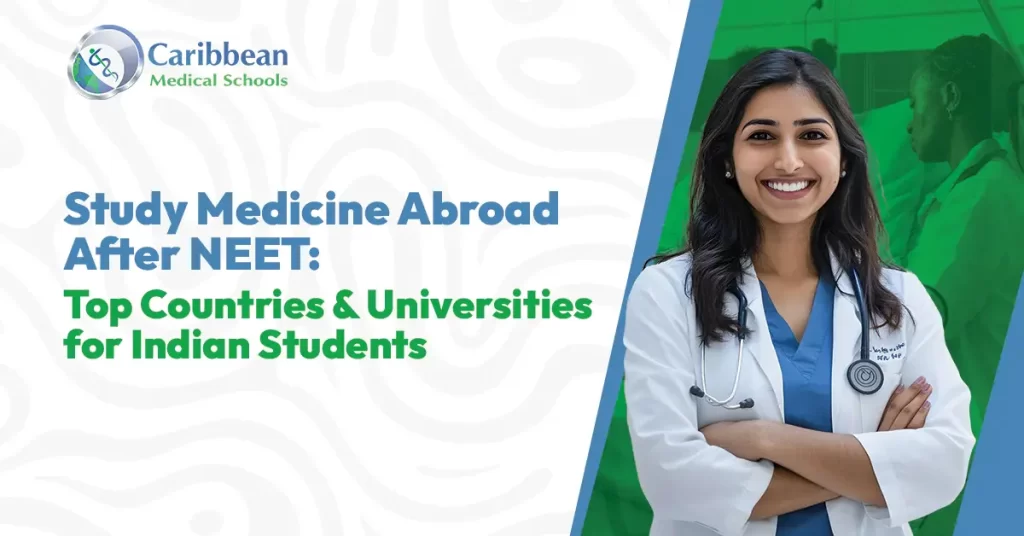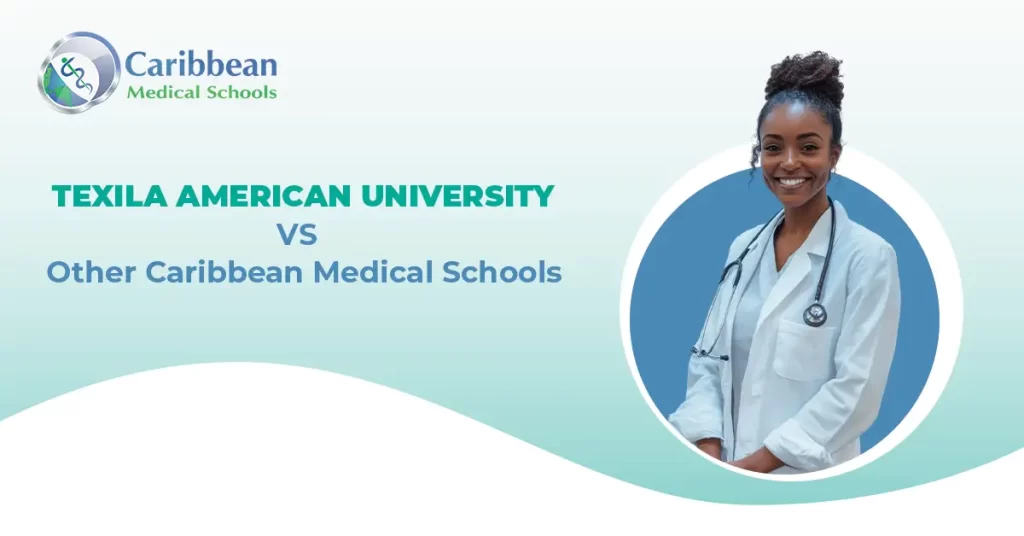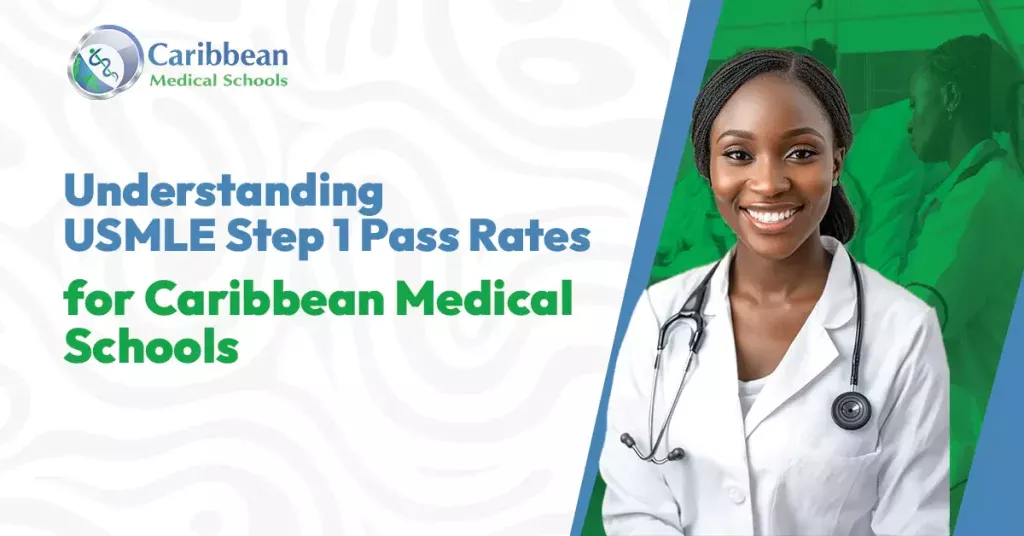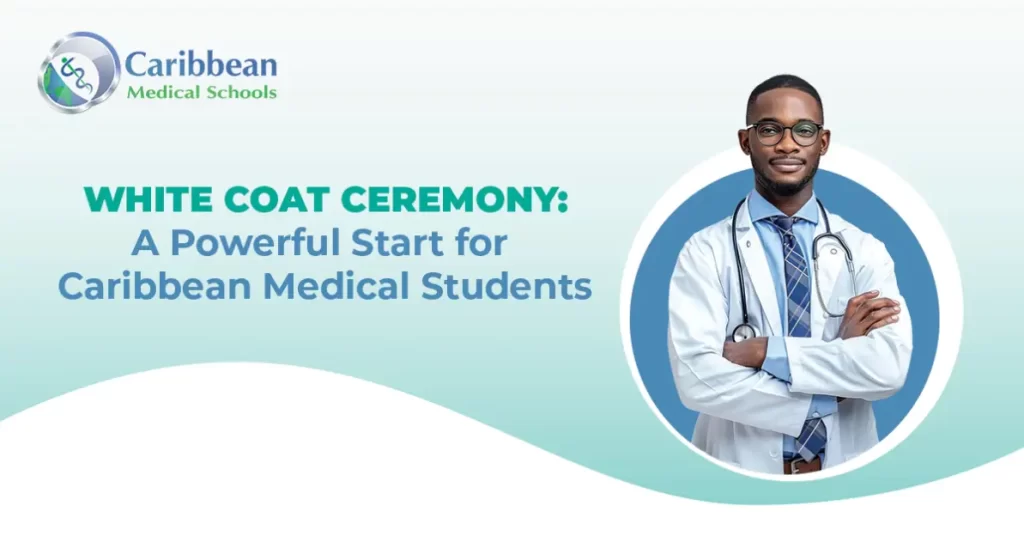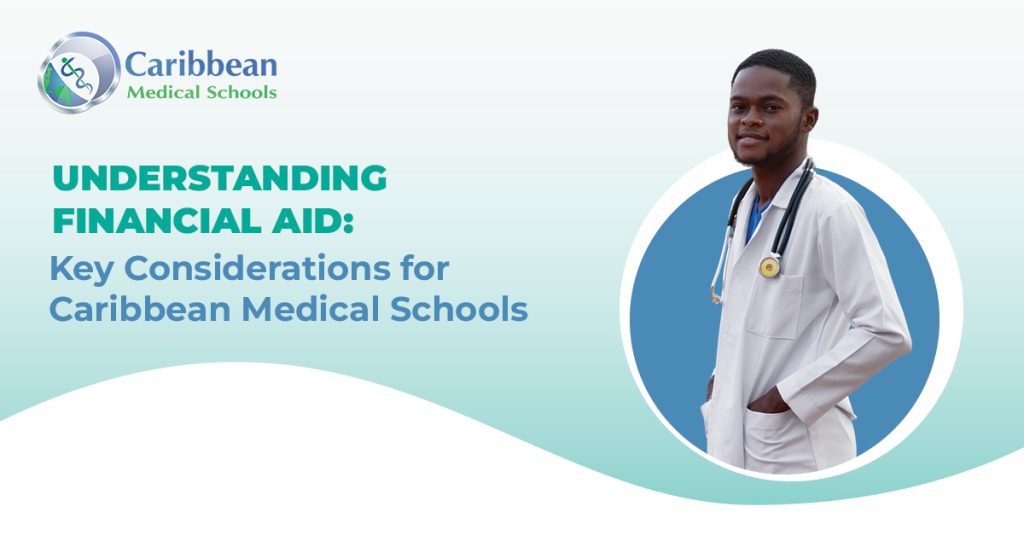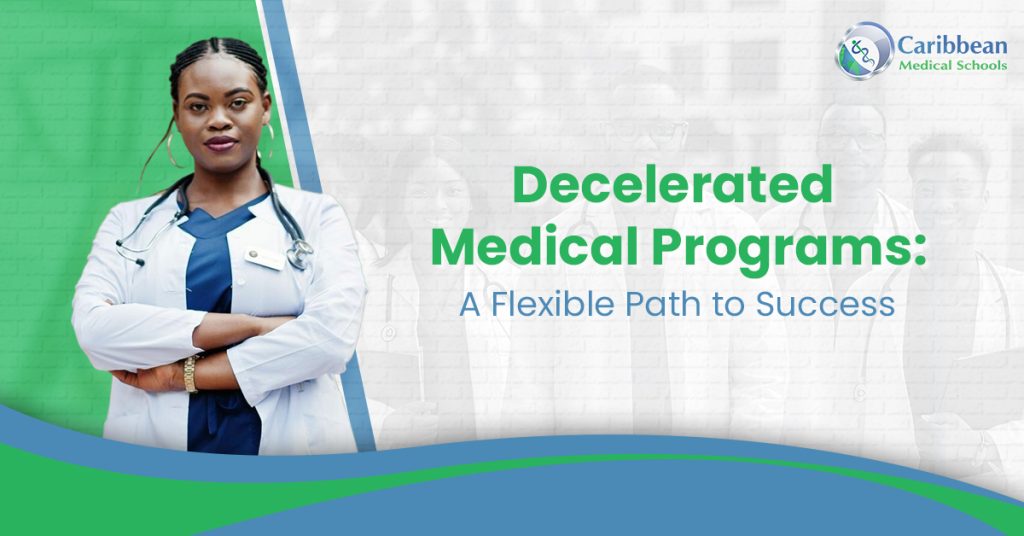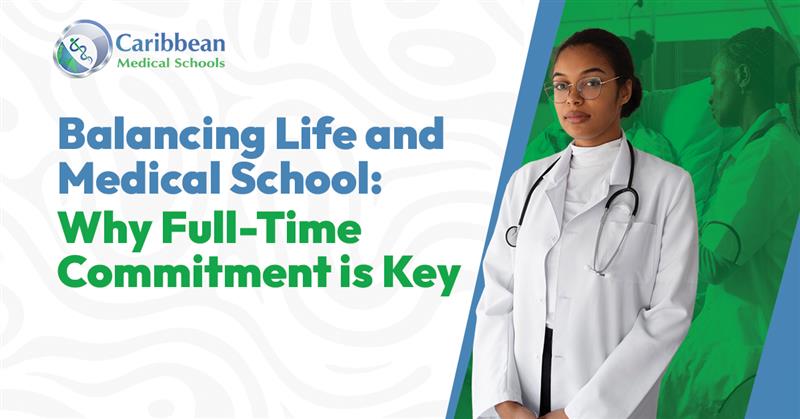Blog Summary
Choosing a career in medicine is no easy feat. As a medical student, you’re embarking on a journey that requires deep reflection, commitment, and sometimes, tough choices. Whether you’re just beginning your studies or nearing graduation, it’s crucial to ask yourself key questions that will help shape your future. This article explores nine essential career questions that every medical student should consider to set themselves up for success.
Table of Contents
Introduction
Becoming a doctor isn’t just a career path. For medical students, the decisions made during training years can significantly influence their future. By answering some key career questions, students can gain clarity and set realistic expectations for their journey ahead. Let’s dive into these six essential questions that will steer you towards a rewarding and successful medical career.
Why Did I Choose Medicine?
Before you go any further, it’s important to reflect on your initial reasons for choosing medicine. Was it a personal experience, a passion for science, or a desire to help others? Answering this question grounds you and keeps you motivated, especially during challenging times. Knowing your “why” can keep you focused when the going gets tough, reminding you why you decided to dedicate years of study to this profession.
What Are My Long-Term Career Goals?
Medical school can feel like a whirlwind, but it’s essential to think about the long term. Do you want to work in a hospital, a clinic, or perhaps even run your own practice? Your goals will help shape your choices, such as whether to apply to Caribbean medical schools or stay within your home country. The best Caribbean medical schools offer unique opportunities to experience medicine in Caribbean islands, which can be an attractive option for those considering overseas medical schools.
Consider the type of patients you want to treat and the impact you hope to make in the healthcare world. Once you have a clear vision, you can tailor your educational and career path accordingly.
Should I Specialize or Stay General?
One of the biggest decisions you’ll face as a medical student is whether to pursue a specialization or remain a general practitioner. Each path has its pros and cons. Specializing can lead to a higher salary and more focused work, but it also involves additional years of training. On the other hand, staying a generalist can offer more flexibility and a broader scope of practice. Researching different specializations and shadowing physicians in various fields can give you a clearer idea of which path feels right for you.
How Do I Handle the Pressure of Medical School?
Medical school is notoriously stressful, with long hours, intense exams, and high expectations. The pressure can feel overwhelming at times. Developing strong coping mechanisms early on is vital for preserving your mental and physical well-being. Whether it’s exercising, meditating, or talking to a mentor, find what works for you. Don’t hesitate to ask for help when you need it.
Remember, you’re not alone in this journey. Many students face similar challenges, and it’s okay to lean on your peers for support.
Is Studying Medicine Overseas an Option?
For many students, studying medicine abroad, particularly in the Caribbean, can offer an enriching experience. Applying to Caribbean medical schools allows students to experience diverse patient populations and cultures. Moreover, some of the best Caribbean medical schools provide excellent clinical rotations in the U.S., Canada, and other countries, making them an attractive choice for those looking to expand their horizons.
If you’re considering overseas medical schools, thoroughly research the schools to confirm they are accredited and offer pathways to practice in the country where you wish to work. This is especially important if you aim to return home to practice medicine after studying abroad.
Can I Balance My Personal Life with a Medical Career?
Balancing personal life and a demanding career in medicine is one of the toughest challenges for medical professionals. It’s important to reflect on how you’ll manage your time, relationships, and well-being.
While medicine can demand a lot, setting clear boundaries and learning time management skills early on can make balancing your personal life with a medical career achievable.
How Important is Work-Life Balance in Medicine?
Although medicine is a demanding profession, prioritizing work life balance is crucial for long-term success and happiness. Burnout is real, and it affects a significant number of medical professionals. Reflect on how important work-life balance is to you and how you’ll maintain it once you become a practicing physician. Consider practices like mindfulness, hobbies, and regular vacations to prevent burnout.
Medical students who study in the Caribbean islands often experience a more relaxed lifestyle compared to some other regions, making it easier to focus on both studies and well-being.
What Can I Do to Stand Out as a Medical Student?
Standing out as a medical student is crucial in a competitive field. Participate in research, join student organizations, and seek leadership roles whenever possible. Volunteering and community service also make a big difference, especially if you plan to apply to competitive residency programs.
Networking is another important factor. Whether you’re at a U.S. institution or one of the best Caribbean medical schools, building relationships with your professors, mentors, and peers can open doors for future opportunities.
How Can I Make the Most of Clinical Rotations?
Clinical rotations are where theory meets practice. Making the most of this time can be a game-changer for your career. Go beyond just meeting the basic requirements—ask questions, observe closely, and be proactive in your learning. Use this time to explore different specialties, network with professionals, and build relationships that could benefit your future career.
Remember that clinical rotations in Caribbean medical schools often provide access to international experiences, allowing students to get experiance in a wide variety of medical cases.
Conclusion
The journey to becoming a doctor is full of challenges, but it’s also deeply rewarding. By asking yourself these essential career questions, you can better navigate the obstacles and stay focused on your long-term goals. Whether you’re considering applying to Caribbean medical schools, specializing, or balancing personal life, taking the time to reflect now will benefit you in the future.
FAQs
1. What are the advantages applying to Caribbean medical schools?
Caribbean medical schools often offer smaller class sizes, diverse clinical experiences, and opportunities for U.S. or Canadian clinical rotations.
2. Are Caribbean medical schools accredited?
Yes, numerous Caribbean medical schools are accredited by international and national bodies, ensuring that students receive a quality education that meets global standards.
3. Can I practice in the U.S. after graduating from an overseas medical school?
Yes, many graduates from overseas medical schools can practice in the U.S., provided they meet the licensing requirements and pass the necessary exams, such as the USMLE.
4. How do I decide between specializing and becoming a general practitioner?
This decision depends on your interests, lifestyle goals, and willingness to undergo additional training. Shadowing professionals in different fields can help you make an informed choice.
5. What should I consider when choosing an overseas medical school?
Consider factors such as accreditation, clinical rotation opportunities, residency placement rates, and the overall curriculum when choosing an overseas medical school.

